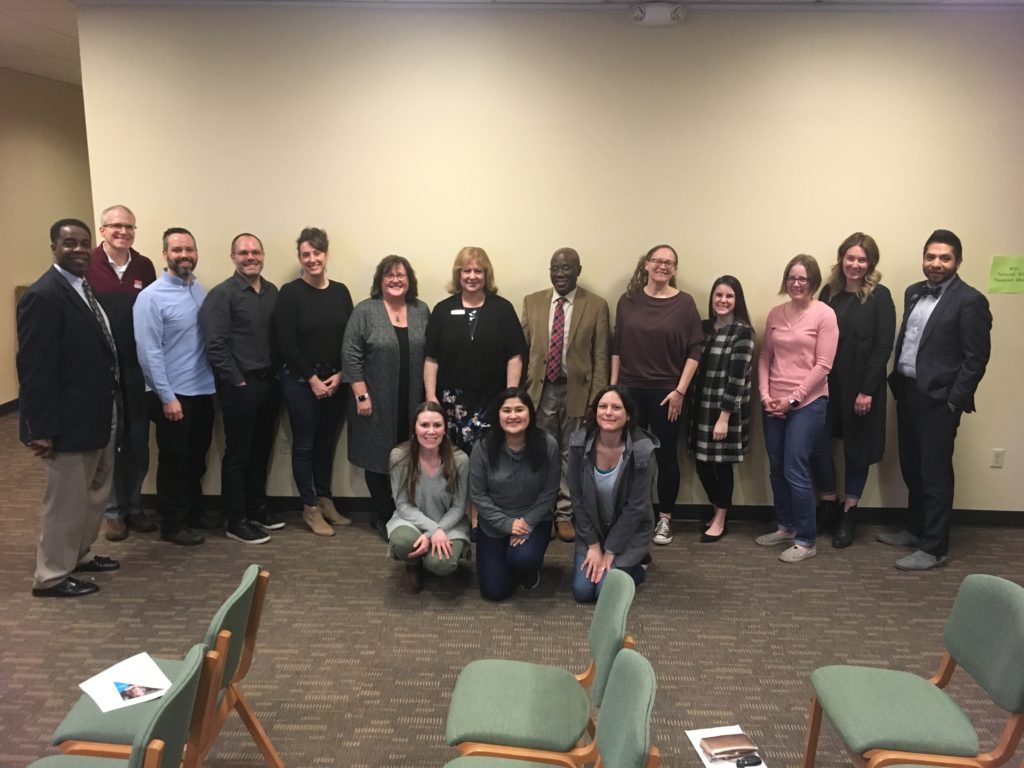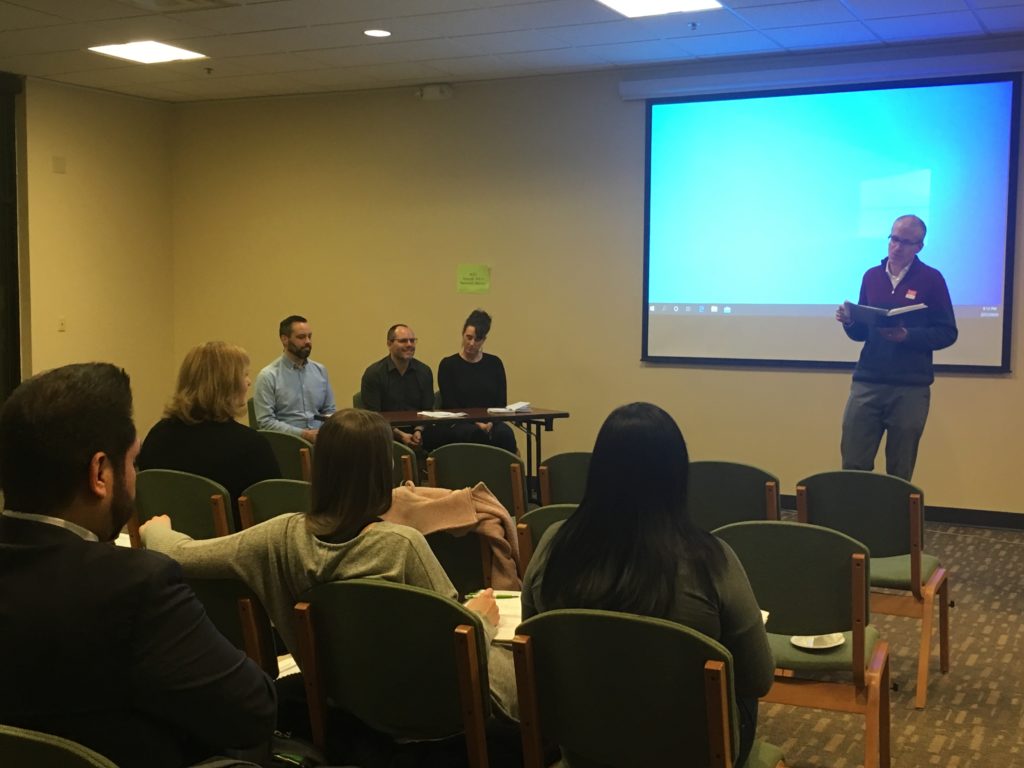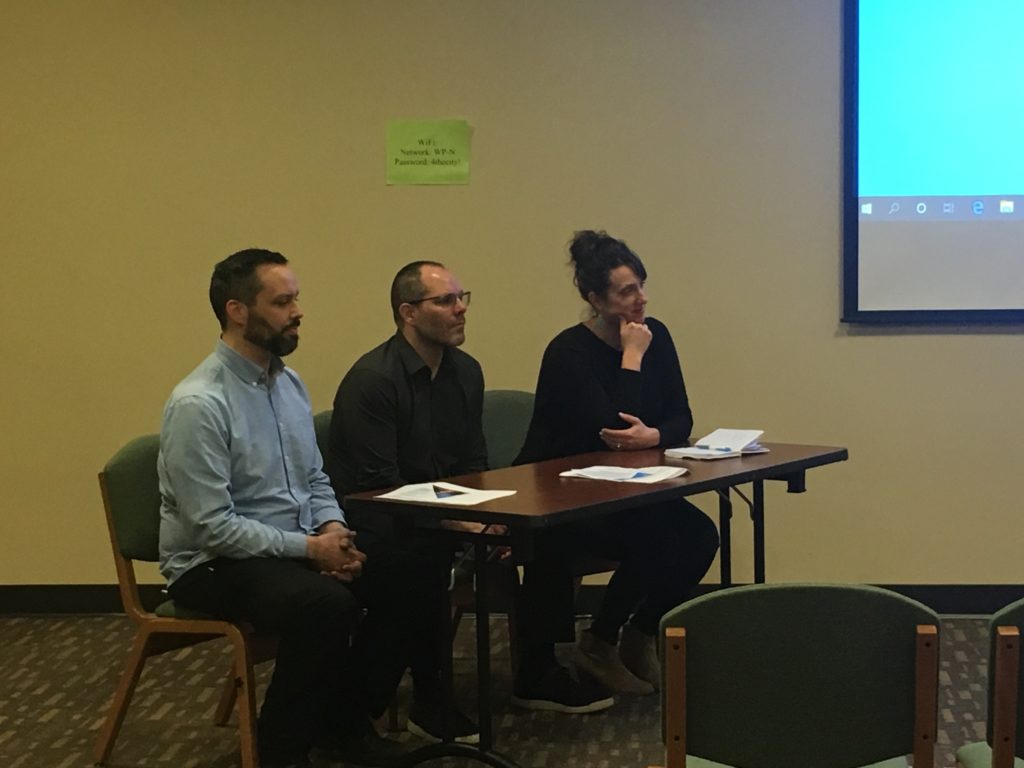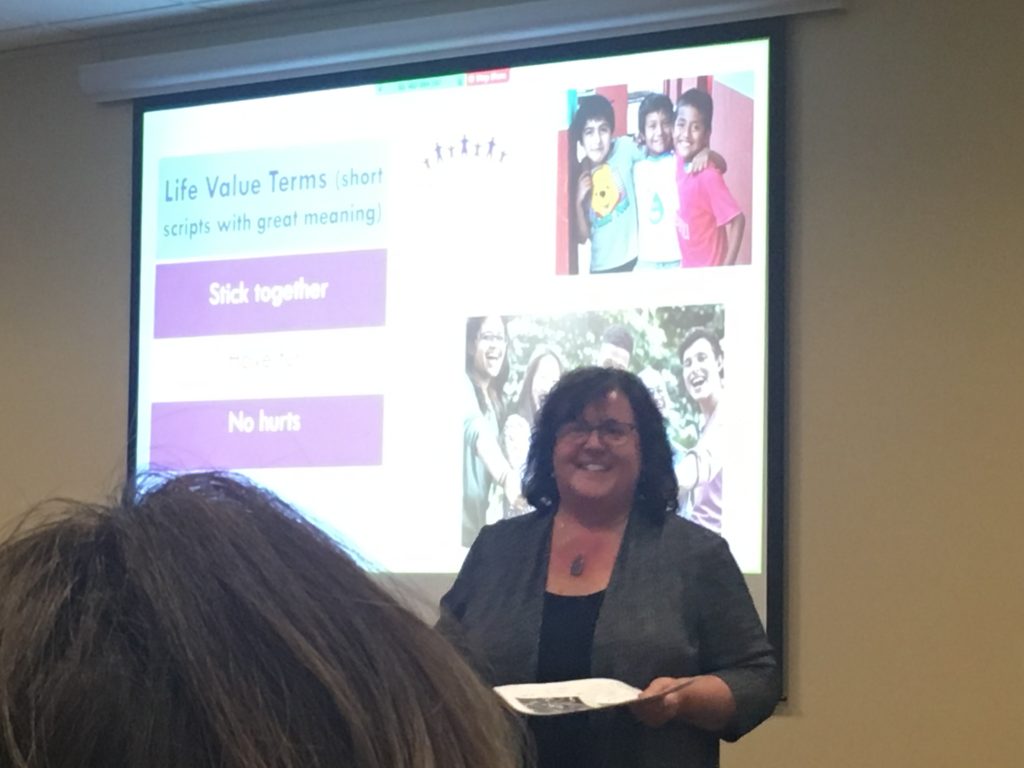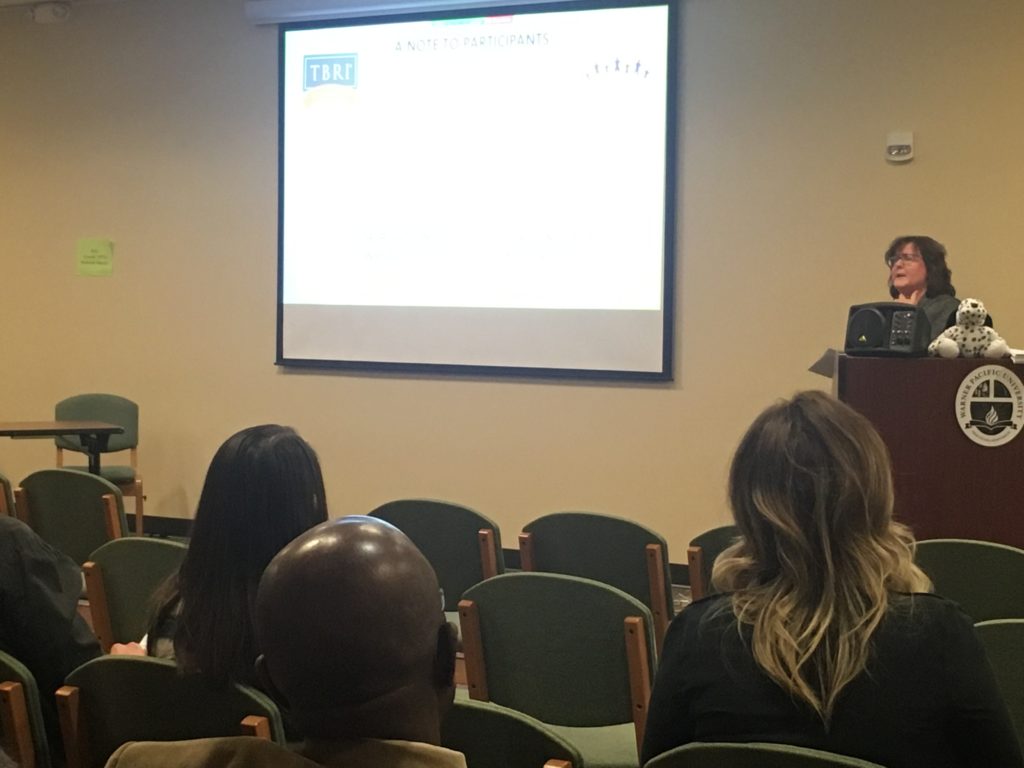In our fourth installment of the Faculty Lecture Series, Debra Penkin spoke about TBRI (Trust-Based Relational Intervention) Model and her work with “children who come from hard places” in her professional and personal life. After the lecture we heard from the Panel consisting of Dr. Luke Goble and Jillana Goble (Founder of Embrace Oregon) foster and adoptive parents for over 15 years, and Dean Ober, WPU’s Lead Campus Safety Officer, working to deepen our culture of safety.
Abstract: Are you an adult that is interested in supporting children that have experienced complex developmental trauma? Are you a parent or caregiver of an adopted and/or foster child looking for tools to help you connect with your children? Or, are you entering a profession where you will interact with children from hard places? Then, this TBRI lecture is for you! TBRI offers strategies to help adults build attachment and nurture children’s natural and optimal development. Trust Based Relational Intervention (TBRI) is an evidence-based, trauma-informed, holistic intervention model designed to provide practical, concrete tools for adults (Purvis, Cross, Dansereau, & Parris, 2013; Purvis, Cross, & Sunshine, 2007). TBRI highlights the needs of foster and adoptive families that are forging connections with children that have experienced complex developmental trauma. This model has been implemented in homes, schools, residential facilities, orphanages, group homes, summer camps, and in other youth-centered systems in the United States and abroad in order to meet the needs of children whose attachment to caregivers was disrupted in early years of their lives. The TBRI term, children from hard places, is used to identify the impact of early risk factors and ruptures in family life and the need for repair in the context of loving relationships. This lecture will highlight TBRI Connecting and Empowering Principles. Connecting Principles offer specific and practical tools adults can use with children to disarm their fear and help children engage in nurturing, healthy relationships. Empowering Principles offer ways to anticipate and respond to children’s ecological and physical needs to help them regulate their emotions and behaviors. TBRI Correcting Principles will be introduced in this workshop as well, but focus will solely be on those specifically related to providing structure and options for how to address fear-based behaviors parents observe in their children.

